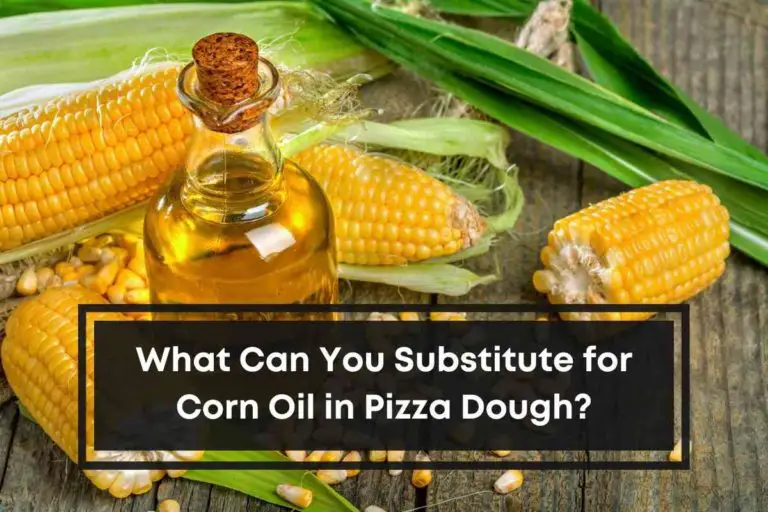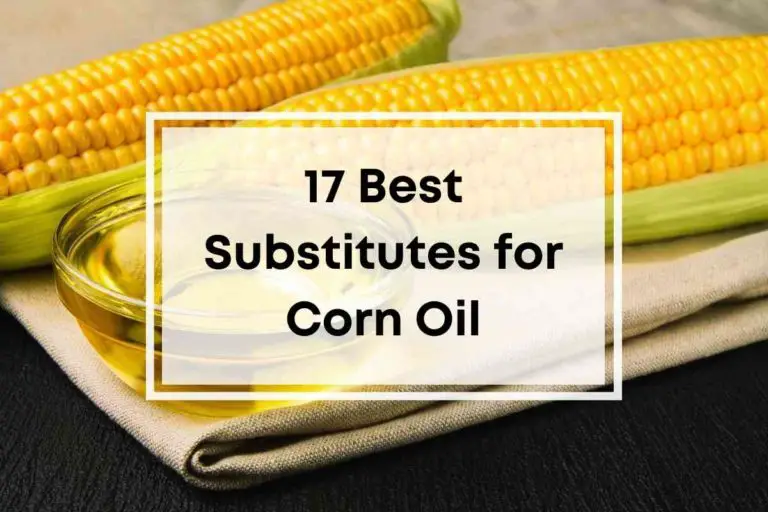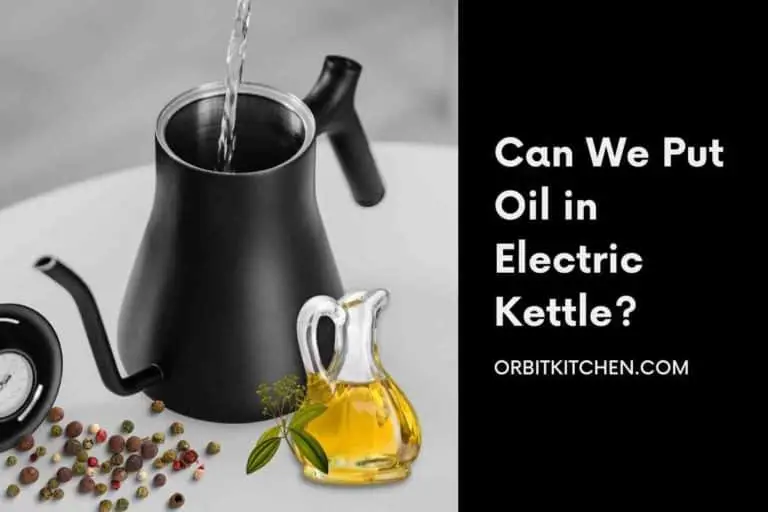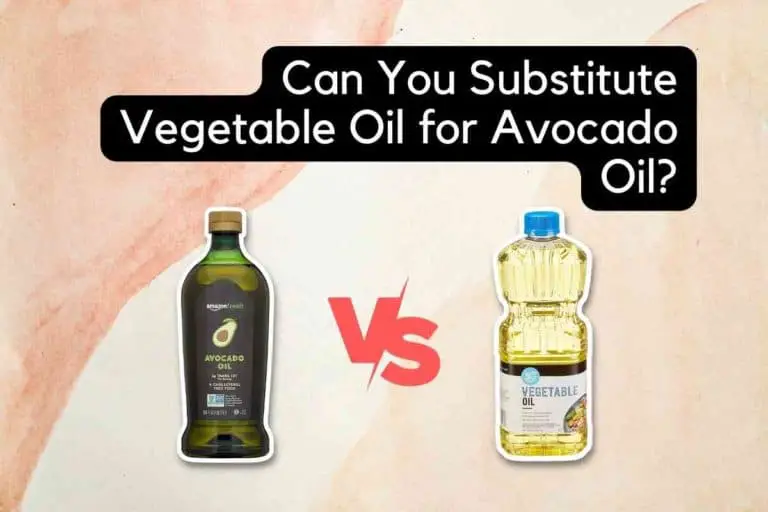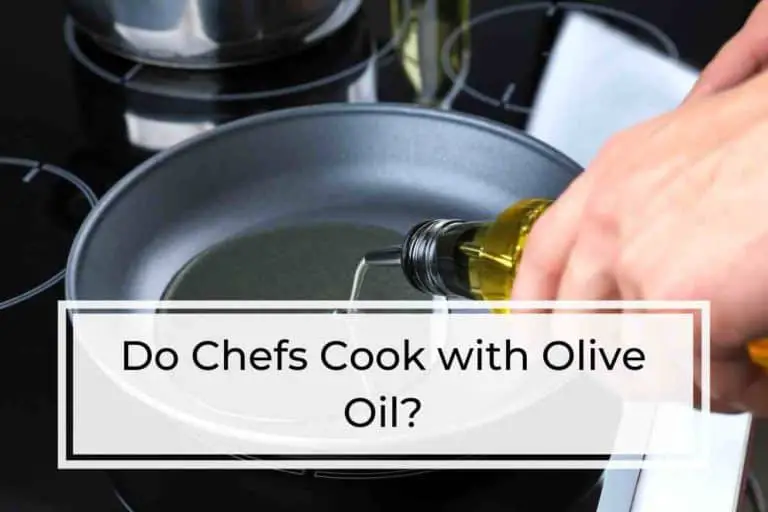Can You Use Vegetable Oil Instead of Canola Oil?
A kitchen’s most common item is vegetable oil or canola oil, used for almost every dish, whether frying or baking. These two oils have different nutritional properties and values, making them highly nutritious. However, sometimes one or more of these oils are not available.
Can you use vegetable oil instead of canola oil?
Canola oil is a type of vegetable oil, and you can use both these oils interchangeably. If you do not have canola oil, you can use vegetable oil instead of the same amount without affecting the flavor, appearance, or food results. Both of these have a neutral flavor and similar smoke points, and you can use them in place of each other in any cooking.
Canola oil is a low-saturated-fat oil, so it is better not to switch oils if saturated fats are concerned. Many of us are sometimes confused between vegetable oil and canola oil because they are similar and have many things in common. Both plant-based oils are equally nutritious, and there is rarely any difference between them. Also, canola oil is a good substitute for avocado oil because it is low in saturated fat and has a similar nutritional profile.
If you are short of these oils and want to cook something, follow this article for more related information.
In this comprehensive guide, we’ll explain can you use vegetable oil instead of canola oil and compare the different uses and benefits of vegetable oils.
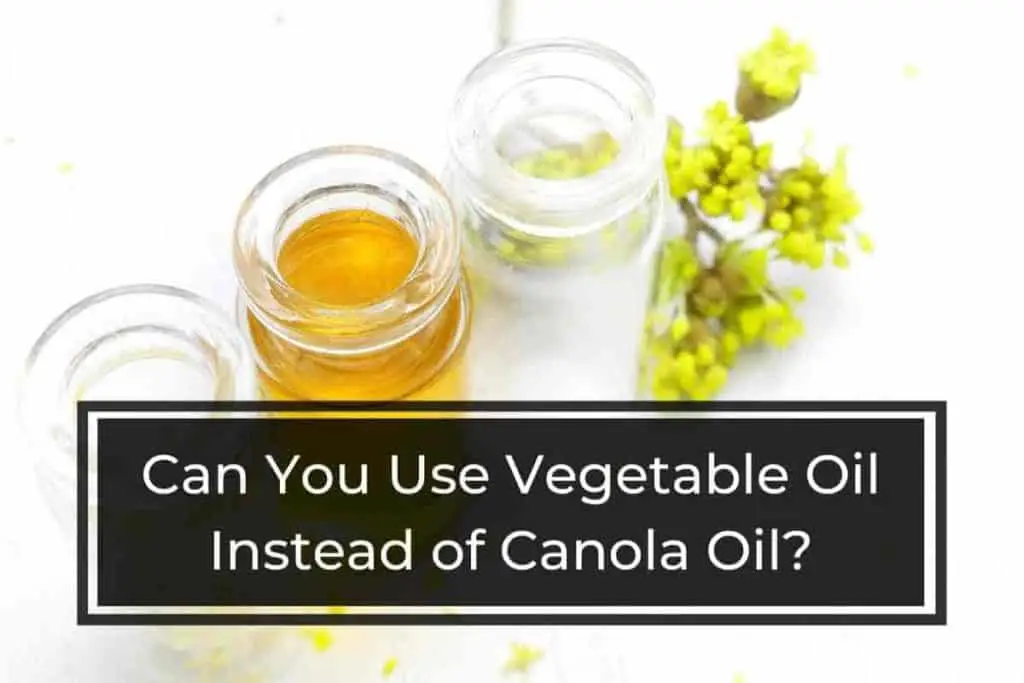
If you are interested in the best kitchen products and accessories, be sure to visit my Recommended Products Page (click to see my page), Which includes all of my top picks by category.
Can Vegetable Oil Be Substituted for Canola Oil?
You can easily substitute vegetable oil for an equal amount of canola oil and vice versa without any difference in the taste. Both oils have a high smoking point and have a relatively neutral flavor, which means you can easily use them interchangeably for frying or even baking.
Vegetable Oil Importance and Health Benefits:
- Vegetable oil plays an essential role in lowering LDL (harmful cholesterol) levels in your body and thus preventing cardiovascular diseases.
- It protects brain cells, and vitamin E helps develop and protect the body.
- It helps improve your immune system and the functions of the nervous system.
Temperature and Heating Effects:
- When oil is heated for a long time, it undergoes thermal and auto-oxidation, which affects its quality and stability.
- Vegetable oil heated above 180 degrees changes its composition and decomposes vitamin E.
Canola Oil Importance and Health Benefits:
- Canola oil has the least saturated fats and healthier fatty acids composition and nutrients properties.
- It also improves your health, reduces the risk of heart diseases, and lowers blood cholesterol.
Temperature and Heating Effects:
- By overheating canola oil, trans fats can be created, its nutrients, including omega 3 and 6, are destroyed, and the oil can oxidize.
- Above 400 degrees Fahrenheit, canola oil can become toxic and cause many health problems.
Comparison Between Vegetable Oil and Canola Oil
Canola oil and vegetable oil has different properties and nutritional values but are a little bit similar too. These oils are derived from other plant sources and have different values and tastes. Since both oils have different smoke points and are used for various purposes, there could be a healthy comparison. Let’s look at the comparison table of vegetable oil and canola oil.
| Properties | Vegetable Oil | Canola Oil |
| Origin | Vegetable oil is made from different plant seeds like sunflower, canola, soybean, corn, nuts, and fats. | Canola oil originated from a canola plant seed, a cross-breeding plant. |
| Taste | Neutral in taste | Neutral in taste |
| Smoke Point | Vegetable oil has a higher smoke point in the 400- 450 F range, suitable for cooking at high temperatures. | The smoke point of canola oil is between 375-450 F., which is suitable to cook at high temperatures. |
| Nutrients | It contains primarily polyunsaturated (omega six and omega 3) and monounsaturated fats in different proportions. | It contains primarily Monounsaturated( fatty acids 6g, omega6 1.5g, omega3 0.5g) with no traces. |
| Usage | Due to the high smoking point, you can use it at high heat and for cooking, deep-frying, baking, etc. | Its smoke point is high, so best for sauteing, frying, baking, and grilling. |
| Antioxidants | A high number of antioxidants. | The high number of antioxidants are present in canola oil. |
Where Can You Substitute Vegetable Oil Instead of Canola Oil?
Following are some usages of vegetable oils that you should do only in vegetable oil instead of canola oil for the best results.
Vegetable Oil for Cooking:
The smoke point of vegetable oil is higher than canola oil; while cooking high-temperature food like deep-frying, roasting, or sauteing, vegetable oil is preferred instead of canola oil.
Vegetable Oil for Deep Frying:
As the smoke point of canola oil is less between 370-400F, it gets broken down at high temperatures and creates smoke. It is ideal to use vegetable oil instead of canola oil for deep frying. Its smoke point is high and can not create smoke even at very high temperatures than its smoke point.
Vegetable Oil for Marinade:
For marination, neutral-flavored oils are usually used to prevent the taste of the ingredients from mixing. Vegetable oils have a neutral flavor. Therefore, it is the best for marination and can be used as an alternative to canola oil.
Vegetable Oil for Brownies:
We avoid using any flavored oil for brownies; though canola oil has a natural flavor, we still prefer to use vegetable oil due to its higher smoke point.
Vegetable oil for Cake Mix:
Baking requires a higher temperature; the smoke point of canola oil is lower than vegetable oil. Hence, vegetable oil in the cake mix is preferred for proper baking.
Vegetable oil in Pizza Dough:
Oil in the pizza dough adds lubrication and provides free dough stretching; it doesn’t matter if you use canola oil or vegetable oil. Both are neutral. But if you do not have canola oil, you can easily substitute vegetable oil in the pizza dough.
Vegetable Oil in Steak:
Cooking steak needs a high temperature; the smoke point of vegetable oil is perfect for cooking at a high temperature. While canola oil molecules break at high temperatures, they cause smoke. Hence it is preferred to substitute vegetable oil instead of canola oil in steak.
Vegetable oil in Chicken:
Medium to high heat is required while searing Chicken. Canola oil is not suitable for such heat; hence vegetable oil is substituted due to its higher smoke point in Chicken.
Read Also: Can You Substitute Vegetable Oil for Avocado Oil
Benefits of Using Vegetable Oil Instead of Canola Oil
Canola oil is versatile and has low saturated fat and high amounts of good fats, but a few benefits of vegetable oil and its properties make it a better choice than canola oil. Let’s look at the benefits of using vegetable oil instead of canola oil below.
- Vegetable oil has a higher smoke point than canola oil which increases the versatility of vegetable oil to use in all types of recipes cooked at high temperatures.
- The vegetable oil has a neutral flavor that does not alter the taste of your food till completion, so it is used in all kinds of food. However, canola oil also does have a natural flavor, but its molecules break at a high temperature which could alter the taste of the ingredients.
- Vegetable oil is versatile and can be used in searing Chicken, steak, deep-frying, baking, and many more dishes requiring medium to high flame without creating smoke as canola oil does.
- Vegetable oil can be used in all dishes, from everyday to unique dishes, while canola oil is limited in recipes cooked at low temperatures.
- Vegetables are cost-friendly and can be available with different blends, while canola oil is extra refined, making it a little more costly than vegetable oil.
Conclusion
You can use vegetable oil instead of canola oil; however, both oils have similar flavor and composition of nutrients. But vegetable oil is high in smoke points. Canola oil has higher good fat and low saturated fat, but vegetable oil still has more benefits compared. Still, you can use both oils as a substitute for each other.

